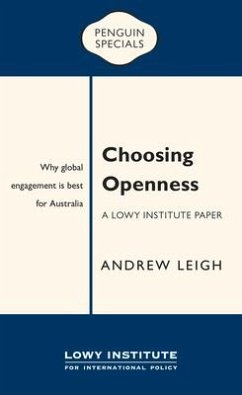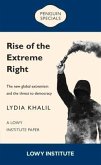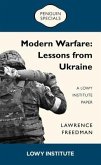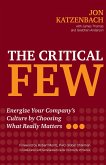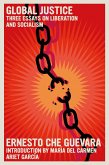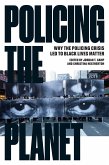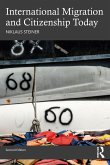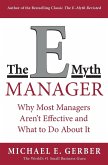Across the developed world, global engagement has become a major political fault line. Populists say that we should hunker down in the face of difference, that trade is a zero-sum game, and that foreign investment will cost us in the long run. They say openness is the cause of the growing income gap.The siren song of populism, global uncertainty and rising inequality presents real challenges to globalists. Choosing Openness argues that Australia's past prosperity has flowed from our willingness to build bridges to the world, not walls against it. Maintaining our engagement with the world demands stronger advocacy for trade, investment and immigration. It requires smarter policies to ensure that we maximize the spoils of globalization and share them fairly across the community. From 1914 to 1945, the world turned inwards, as fear shut down flows of people and goods across national borders. A century later, can we make a better choice?
Hinweis: Dieser Artikel kann nur an eine deutsche Lieferadresse ausgeliefert werden.
Hinweis: Dieser Artikel kann nur an eine deutsche Lieferadresse ausgeliefert werden.

